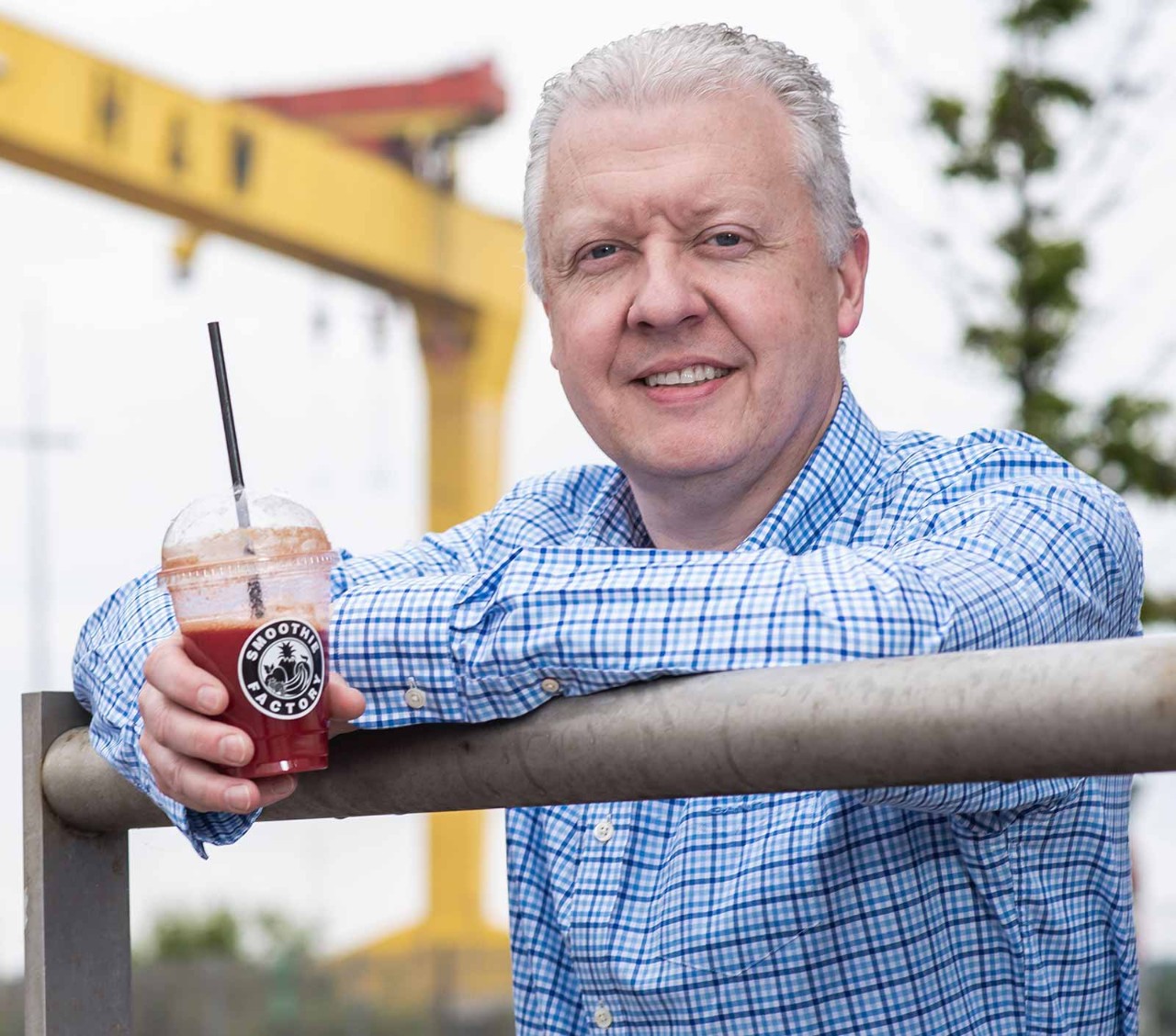
Elon Musk, the charismatic chief executive of Tesla, has been responsible for so many Twitter outbursts in the past year it is hard to know which of his comments to take seriously.
Some of his tweets are clearly aimed at detractors and others directed at upsetting the consensus. As the world’s richest man, Musk can probably say what he wants without worrying too much about the consequences. But he didn’t reach his current status of running some of the world’s most innovative companies by luck. It is worthwhile, regardless of your opinion of Musk, taking note of some of his views.
Tesla was removed from an ESG index tracked by investors while Exxon remained
A few months ago Musk took aim at the investment community and how it appears to be in thrall to environmental, social and governance (ESG) rules.
ESG challenges
‘ESG is a scam. It has been weaponized by phony social justice warriors,’ he tweeted to his 100 million followers. It came as Tesla, the world’s biggest electric vehicle maker, was removed from an ESG index tracked by investors while oil giant Exxon remained in place. The reason for excluding a business with strong environmental credentials (because of concerns about governance controls) was lost on Musk. It was probably lost on many others too.
Musk’s views of ESG were taken to the extreme by a senior HSBC banker called Stuart Kirk, who was in charge of its responsible investment unit, and claimed in a presentation that shrill and apocalyptic warnings about climate change were overstating the risks posed. Kirk subsequently left HBSC. The bank, just like many other financial institutions, has been looking to play its part in tackling climate change and developing products for investors that allow them to meet their ESG goals.
Measurable outcomes
What these examples and others point to is that while ESG is now critical for all types of organisations, when it comes to investing and lending decisions, there is a lack of clear, definable and universal measurements of what would and what would not be classified as sustainable. How one business gets to net zero by 2030 or 2040 may not be the same as how another does, and the companies paid to vet these plans and give them the seal of approval may have different standards and requirements.
How one business gets to net zero by 2030 or 2040 may not be the same as how another does
And why would it not be considered a minefield when the very foundations can be changed seemingly arbitrarily? A year ago it might have been unfathomable that gas and nuclear energy would have been classified as sustainable energy sources. But that is what they will now be under the EU’s taxonomy for sustainable activities. The EU may feel the fallout from the war in Ukraine has forced it into this position, despite much opposition and criticism, but what signal does that send out to the wider world? Perhaps banks might restart lending for fossil fuel exploration. The upshot is you appear to get to choose what does and what doesn’t meet ESG requirements.
I’ve written here recently about the importance of ESG investing and the clear beneficial impact it has had. If that is to continue, then supporters must avoid offering open goals – Musk, for example, was able to make his point by citing the disparity between how Tesla and Exxon are treated.
Advisory firms are increasingly seeing opportunities to provide services to companies about meeting ESG requirements. But what underpins that clean bill of health that clients are getting? What is the benchmark that is being followed if the grounds on what constitutes ESG are shifting all the time and not operating off a universal standard? That gives the critics who oppose a focus on sustainability an opening to question its merits and the attention organisations give to it.
More information
Find out more at ACCA’s Rethinking sustainable business and Accounting for a better world hubs
Read about ACCA’s sustainable toolkits for SMEs and SMPs





